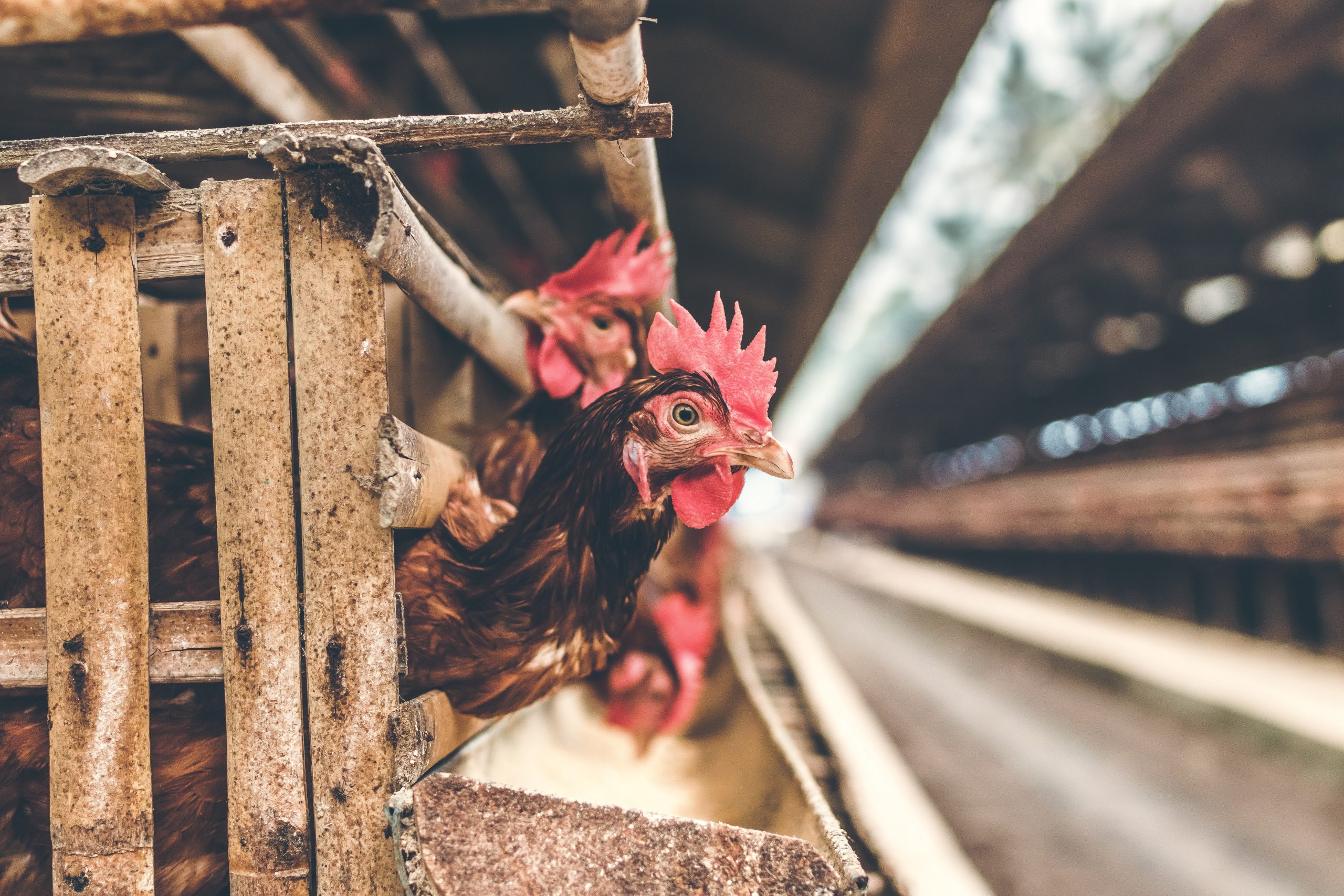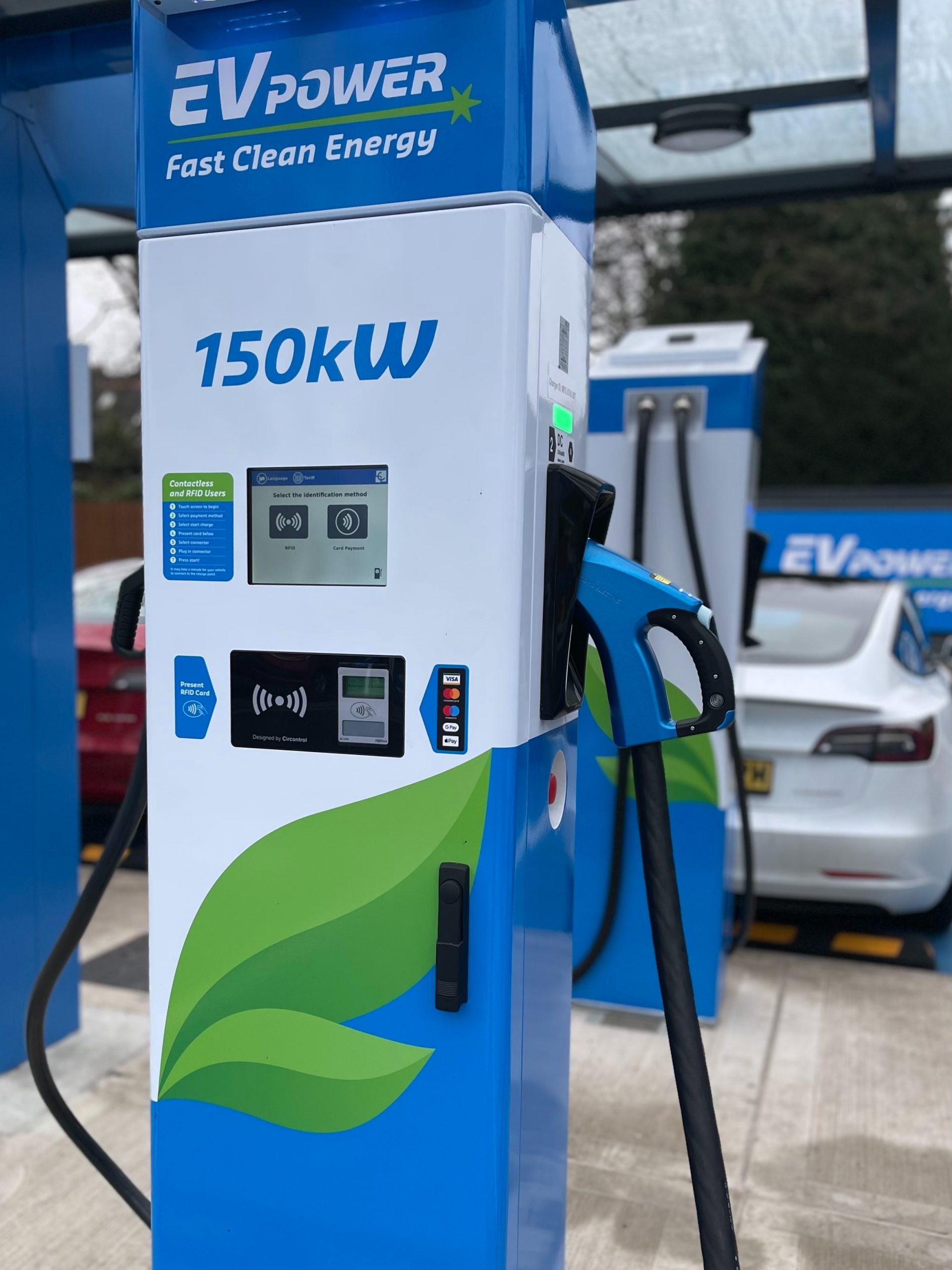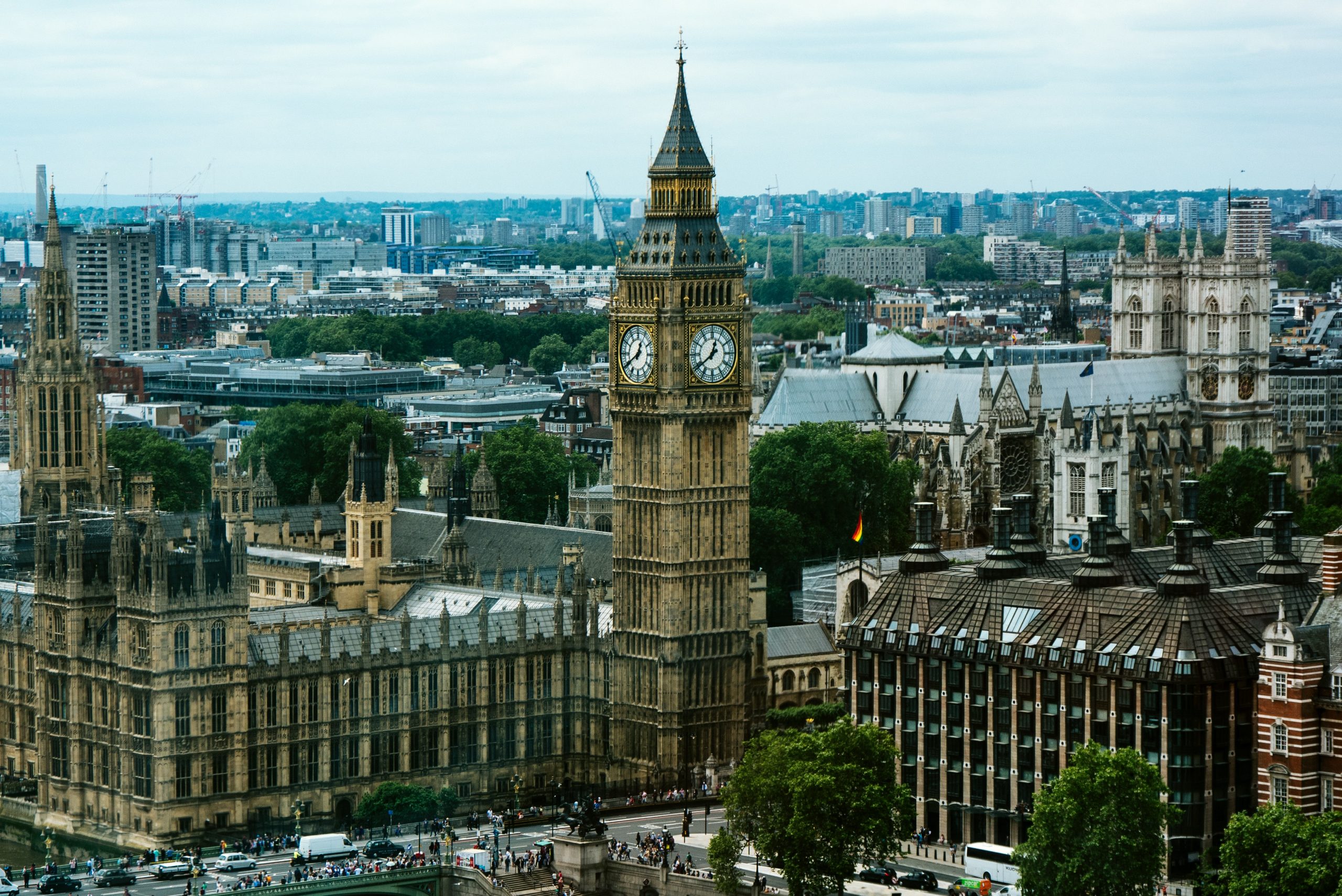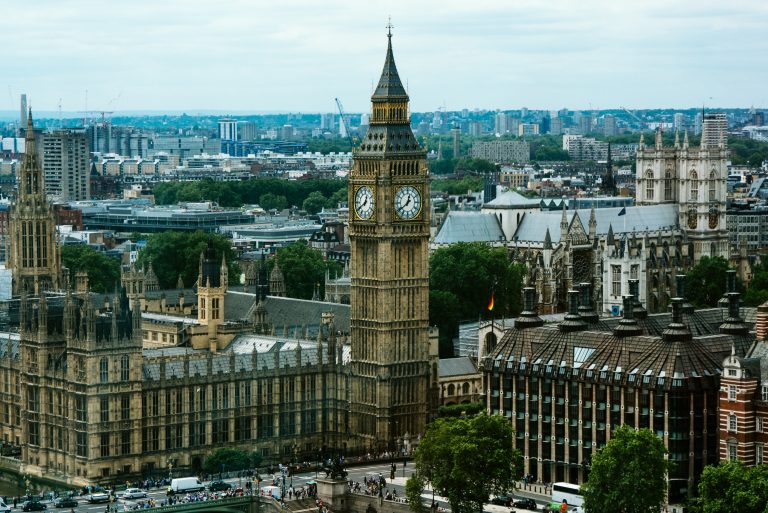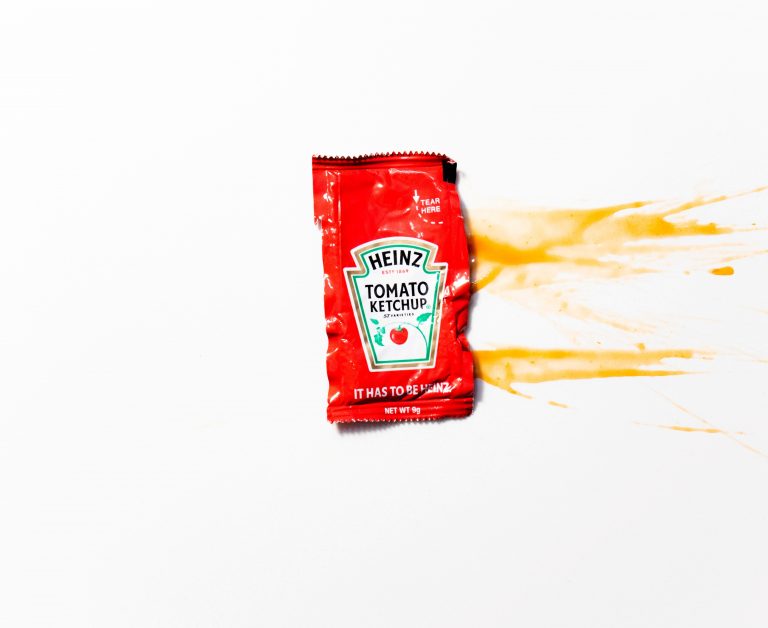EU Hits Amazon with Antitrust Charges (video)
External video link: https://www.cnbc.com/2020/11/10/eu-hits-amazon-with-antitrust-charges-for-distorting-competition.html (Run time: 2:27).
Abstract: As part of a crackdown on big tech firms like Amazon, Google, and Facebook, the European Trade Commission has charged Amazon with violating European Union anti-trust legislation. According to the European Commission, Amazon is unfairly using its access to data collected from the third-party vendors that sell on its site to inform its own strategic business decisions. Amazon has vigorously defended its actions, claiming that rather than harming small European businesses, it supports them. The European Commission argues that Amazon’s use of the data it collects allows the online giant to garner the bulk of sales in certain product categories, effectively limiting the ability of smaller retailers to compete on an equal playing field. While this case is expected to take some time to resolve, the European Union is set to release strict new regulations for big tech firms, and better mechanisms to enforce those regulations.

Notes: Amazon is facing new scrutiny by the European Union (EU), this time over whether it is using its ability to collect data to give itself an unfair advantage. The European Trade Commission has issued formal charges against the online retail giant for violations of EU anti-trust legislation particularly in France and Germany. At the heart of the inquiry is whether Amazon, in its dual role as a marketplace for third-party vendors and as its own retailer, is using the non-public data it collects on vendors to inform its own strategic business decisions, thereby giving itself an unfair advantage, and its own products, preferential treatment.
Questions about Amazon’s possible violation of antitrust legislation in Europe have swirled around the online retailer for some time. Now, in what appears to be the first of multiple charges, the European Union is making it clear that it thinks there is more to the matter than rumors of wrong doing, and that Amazon’s actions in the European Union countries are limiting fair competition. Under EU law, now that charges have been filed against Amazon, the company has a window of time within which to respond, but the case could drag on for years, potentially harming those retailers using the site and the customers they serve in the meantime. Indeed, setting up what is likely to be a protracted battle, Amazon, following the announcement of the charges, quickly denied the allegations and claimed that it provides a vital service to the many small European businesses that reach their customers through the Amazon retail marketplace.
Amazon is just the latest in a string of high-profile U.S. technology companies to be investigated by the European Union. According to the European Commission, companies like Amazon, Facebook, and Google are using their immense power to block competition in the European Union. European Commission vice president Margrethe Vestager contends that the sheer size of these companies allows them to act as micro-economies, setting their own rules, and forcing other companies to go along with them. According to Margrethe Vestager, tougher regulations and enforcement of those regulations is necessary to protect the ability of smaller companies to compete fairly. To that end, the European Commission will soon be implementing some of the world’s most far-reaching regulations of the tech industry. Designed to limit self-promotion of products and require the sharing of data with small rival companies, the new regulations promise to create a more level playing field within the European Union market. For Amazon, a company that has seen its sales in the European Union double since 2015, the new regulations could force a new way of business.
Discussion/Questions:
- The European Union has charged Amazon with violating its anti-trust legislation. What is anti-trust legislation and what is it designed to achieve? Is Amazon, in its dual role as both a retailer and a site for third party vendors, distorting competition? Does Amazon’s ability to collect non-public data and use it to inform its own strategic decisions represent a barrier to entry to other vendors?
- Amazon denies any wrong-doing and instead, claims that it supports many small businesses in Europe. Reflect on Amazon’s claim. Even if the online giant is found to have violated anti-trust legislation, does Amazon’s power in the global online marketplace help, or hurt, the small retailers who sell their products on the site?
- If Amazon is found guilty of the charges against it, what is next for the company? If it moves to sell only its own products, what happens to the third-party vendors in Europe that rely on the Amazon marketplace to reach their customers?
Sources: CNBC- EU says Amazon breached antitrust rules, opens second investigation into its e-commerce business. CNN Business- EU hits Amazon with antitrust charges. A huge fine could follow. WSJ.com- Amazon Faces New EU Antitrust Charges. Photo by Christian Wiediger on Unsplash.

